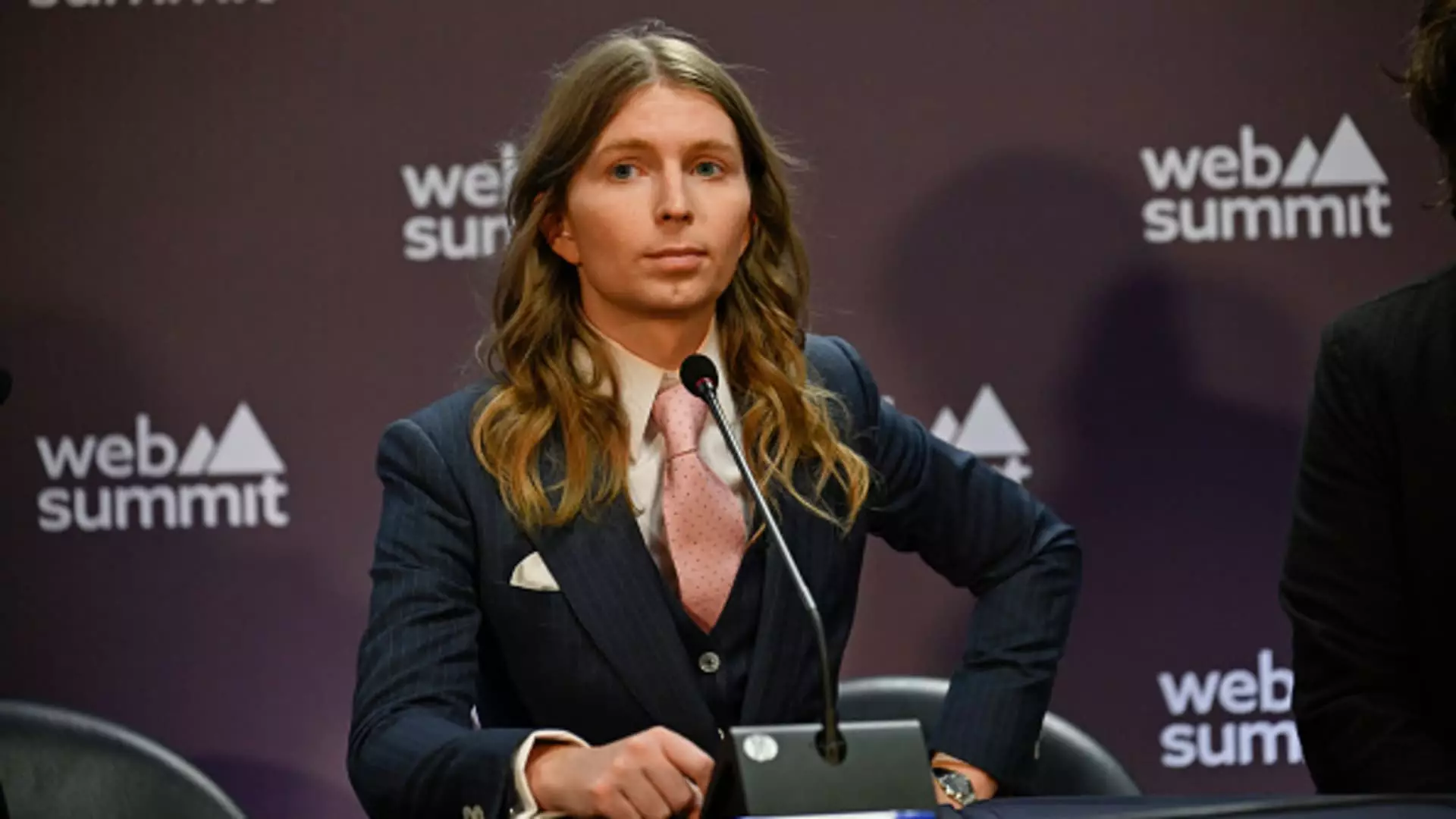In an age where our online interactions are increasingly scrutinized and controlled, the question of censorship has surged to the forefront of discourse about digital freedom. Chelsea Manning, a former U.S. Army intelligence analyst, recently articulated her concerns about this pervasive issue, emphasizing the necessity for a decentralized internet to enhance individual privacy and counteract censorship. Speaking at the Web Summit in Lisbon, Portugal, she highlighted that censorship in the digital realm is not merely a matter of suppressing content; it is about the mechanisms and intentions behind it, particularly the algorithms determining what is seen or heard by users. This perspective raises critical questions regarding the role tech giants play in curating our online experiences and the implications for user autonomy.
Decentralization as a Solution
Manning advocates for a return to a more decentralized model reminiscent of the early days of the internet. She suggests that enabling individuals to manage their data through decentralized identification can empower users and transform the current landscape dominated by a few powerful social media corporations. By leveraging technology, especially encryption, individuals could gain control over their online identities, making autonomous choices concerning their information and reducing reliance on corporate entities that historically dictate access and visibility. Manning’s vision presents a significant shift from the prevailing model, where user engagement is manipulated to prioritize sensational content, frequently at the expense of deeper, meaningful dialogue.
Critics often question the feasibility of a decentralized internet on the grounds of monetization, but Manning urges a reevaluation of the existing social contract between tech companies and users. She proposes that redefining how information is shared and accessed could lead to viable business models that respect user autonomy while sustaining the interests of companies. By fostering a more equitable arrangement, it might be possible to create a system where privacy is not sacrificed for profit, which is a stark contrast to the revenue-driven motives of many tech companies today. This new approach could pave the way for innovation that respects individual rights while addressing the pressing dilemma of misinformation in the digital age.
Manning’s own experiences as a whistleblower lend weight to her assertions regarding the transformation of information visibility in contemporary society. Once cloaked in secrecy, critical information now flows freely in unprecedented quantities, presenting its unique challenges. While the barriers to accessing information have diminished, the proliferation of misinformation complicates the landscape for those wishing to expose the truth. Manning suggests that whistleblowers must adapt by honing their discernment skills to differentiate between verifiable data and clever deceptions. The era of simple binary choices—secrecy versus transparency—has evolved into a complex environment where navigating noise is as essential as uncovering truths.
An Urgent Call for Action
Manning’s comments serve as a pivotal reminder of the importance of vigilance in the digital sphere. As censorship remains a dominant threat, there is an urgent need to reshape how we conceptualize and experience the internet. The path towards a decentralized future may appear daunting, but it is rooted in the fundamental right of individuals to control their identities and information. By championing this cause, Manning not only illustrates the potential for a more equitable digital environment but also galvanizes a generation of users to challenge prevailing structures of power and oversight.
As we confront the realities of political power, corporate influence, and online privacy, Chelsea Manning’s insights urge a profound reassessment of our digital landscape. The journey towards a decentralized internet demands innovation, collaboration, and a reevaluation of the relationship between information and power. In advocating for these changes, Manning stands at the crossroads of technology and ethics, offering a vision that calls for a balance between utilizing technology for engagement while safeguarding the essential freedoms that define our humanity. Engaging in this discourse is not just about resisting censorship; it’s about reclaiming our agency in an interconnected world.


Leave a Reply